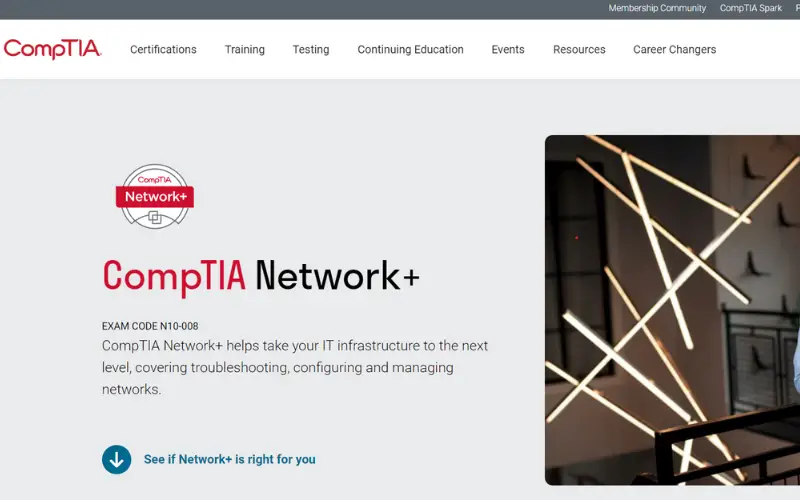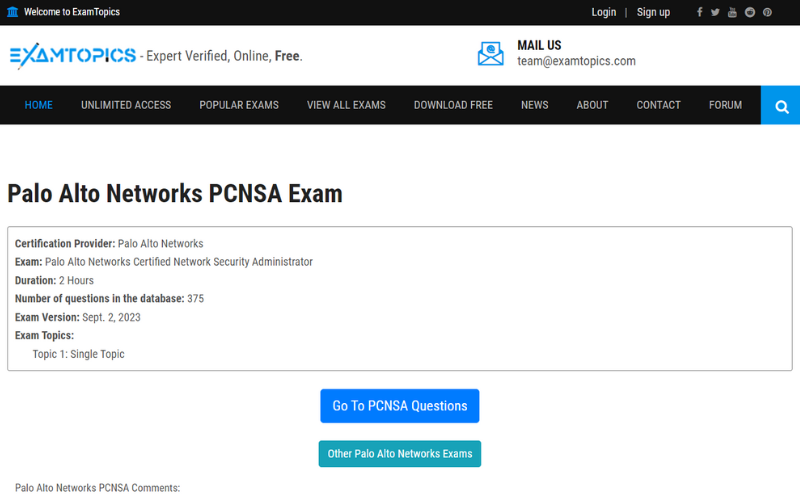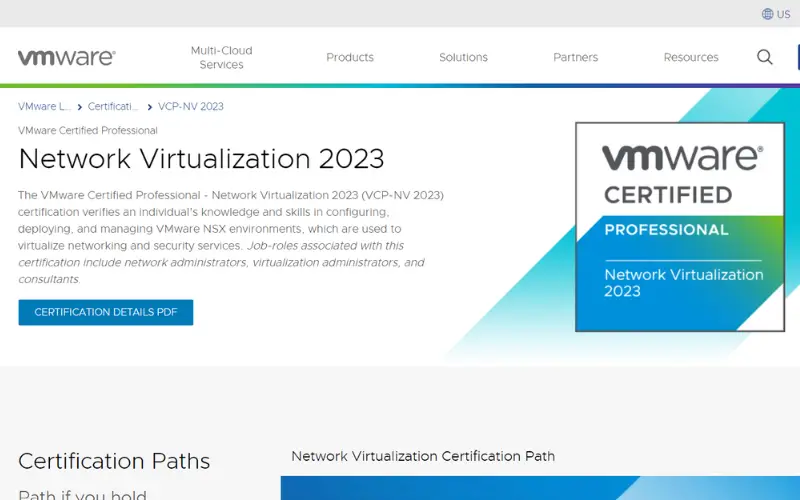Networking certifications have become essential for IT professionals who want to progress in their careers. These certifications demonstrate an individual’s expertise and understanding of networking areas, making them highly valued by employers. In this article, we will delve into the ten networking certifications that can set you apart in the IT job market. Let’s take a look at these certifications!
1. Cisco Certified Network Associate (CCNA)
The CCNA (Cisco Certified Network Associate) certification is widely acknowledged as an accreditation in the field of networking. It encompasses the components of networking, such as network protocols, routing, switching and problem-solving. By acquiring the CCNA certification, individuals establish a base in networking principles, empowering them to tackle entry-level networking positions with assurance.

2. CompTIA Network+
The certification known as CompTIA Network+ is designed for beginners in the field of networking. It covers the aspects of network architecture, network operations, network security and troubleshooting. This certification is vendor-neutral allowing individuals to explore networking technologies without any limitations imposed by a vendor.

3. Cisco Certified Network Professional (CCNP)
The CCNP certification is specifically tailored for networking professionals who want to progress beyond the beginner level. This certification confirms the individual’s competence in designing, executing, validating and resolving issues in wide area business networks. Employers highly value certification holders due to their understanding of networking principles and expertise in network concepts.

4. Juniper Networks Certified Internet Associate (JNCIA)
The JNCIA certification, provided by Juniper Networks is centered around Junos OS, the operating system utilized in Juniper networking devices. This certification encompasses networking aspects, such as concepts, routing, switching and security. By acquiring the JNCIA certification, individuals showcase their expertise in Juniper technologies and their ability to function proficiently within Juniper-based network setups.

5. Certified Information Systems Security Professional (CISSP)
Although it is not solely focused on networking, the Certified Information Systems Security Professional (CISSP) certification is highly regarded in the realm of network security. This certification confirms an individual’s proficiency in creating, executing and overseeing network infrastructures. CISSP certification holders have a grasp of network security principles. It plays a vital role in protecting organizations against cyber threats.

6. Microsoft Certified: Azure Administrator Associate
The demand for professionals who can effectively manage cloud networks is growing as cloud computing becomes more prominent. The Microsoft Certified Azure Administrator Associate certification is specifically designed to equip individuals with the skills and knowledge needed to handle cloud services, such as networks, storage and security. This certification enables individuals to deploy and manage Azure-based networks with proficiency.

7. Certified Ethical Hacker (CEH)
The Certified Ethical Hacker (CEH) certification is ideal for individuals interested in network security and ethical hacking. This certification validates an individual’s ability to identify vulnerabilities in network systems and implement countermeasures to protect against potential attacks. CEH certification holders are highly valued in organizations that prioritize network security and risk management.

8. Palo Alto Networks Certified Network Security Administrator (PCNSA)
The PCNSA certification, provided by Palo Alto Networks is designed to equip individuals with the expertise in network security using Palo Alto Networks technologies. This certification encompasses subjects including firewall configuration, VPN establishment and threat prevention. Those who hold the PCNSA certification demonstrate their ability to effectively safeguard network infrastructures using Palo Alto Networks solutions.

9. Certified Wireless Network Professional (CWNP)
The Certified Wireless Network Professional (CWNP) certification program offers a range of certifications that focus on wireless networking. These certifications cover topics, such as wireless network design, troubleshooting, and security. By obtaining CWNP certifications, individuals gain the necessary skills to deploy and manage wireless networks effectively.

10. VMware Certified Professional – Network Virtualization
The certification is known as VMware Certified Professional. Network Virtualization (VCP NV) is specifically intended for professionals who are involved in working with VMware’s network virtualization technologies. This certification serves as validation of an individual competence in designing, implementing and effectively managing VMware NSX environments. Those who hold the VCP NV certification have the skills to deploy networks and seamlessly integrate them with physical network infrastructures.



















